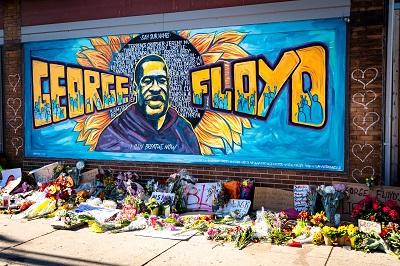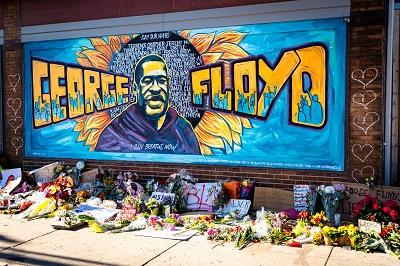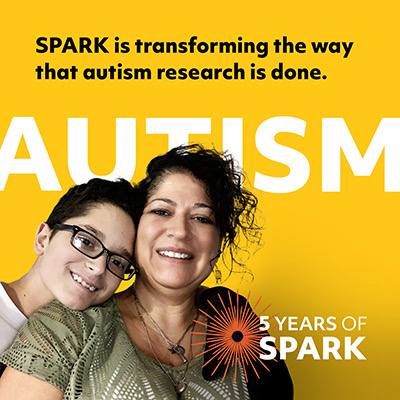ADAA Mental Health Blogs for the Public
My friend’s phone call left me stunned and shaken. She had just been released from the hospital, where she had been admitted for suicidal ideation. “Suicidal ideation” was an unfamiliar term to me, but I could easily figure what it meant. Carolyn had been grieving a loss, but I had no idea that she had become depressed and suicidal. For me, Carolyn, and her family, it was the beginning of a long journey in coming to understand depression and so many of the other conditions that ride at its side.
April is world autism awareness month, and so there is no better time to bring to light not only the challenges associated with autism, but also the most common conditions that impact this community. Children and adults on the autism spectrum are more likely to have an anxiety disorder than others. And research suggests they also may face challenges with getting an anxiety diagnosis and treatment.
One year ago, the world tuned in to see a man being murdered by a uniformed police officer while onlookers pleaded for mercy. George Floyd’s death led to numerous protests all over the world against police brutality and systemic racism experienced by Black and Brown communities. Although conviction in cases involving police killings are rare, many hoped that the outcome of this trial will be different. Perhaps the video and the parade of witnesses and experts will be enough this time.
It can be challenging to know when to seek therapy and how to get connected with care. Talking to your primary care provider is one option.
Primary care plays an important role in helping us to be healthy. You may visit your primary care provider when you feel sick, if you develop a new symptom, or once a year for an annual wellness visit. Primary care providers can also help if you are concerned about your mental health.
Anxiety is one of the most common mental health disorders affecting those on the autism spectrum. Anxiety can cause extreme fear, dread, sweating, restlessness, and even chest pain. “A lot of us do experience anxiety, and we struggle with it in our own ways,” says Jairo E. Arana, an autistic member of the Community Advisory Council for SPARK, the largest study of autism.












